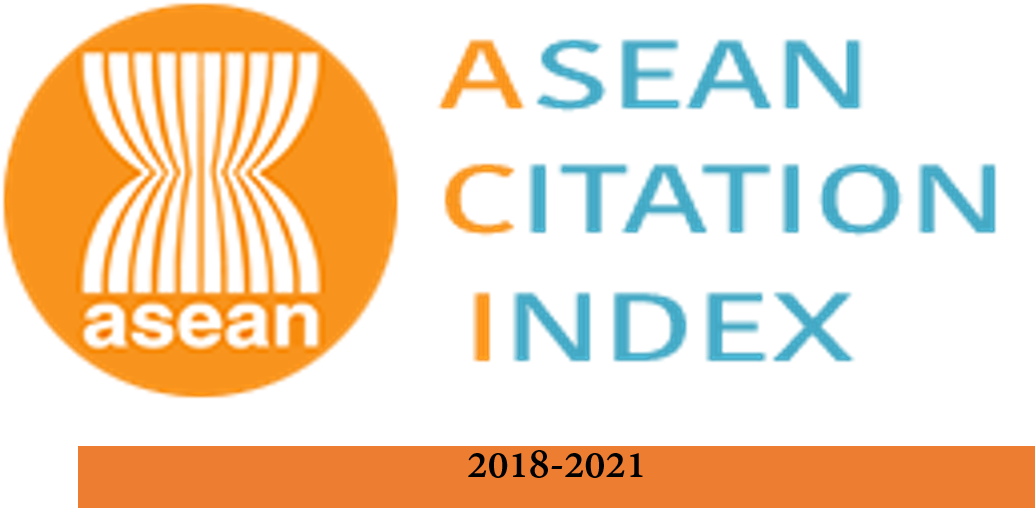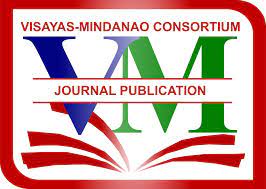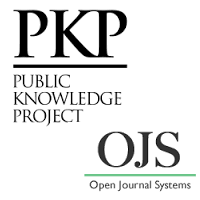Developing Students' Research Writing Skills
Abstract
This study chronicles the writing process of students as they write their research studies specifically in the introduction, theoretical and conceptual framework, literature review and methodology. The objectives of the present study includes (1) the input in the information-content and mechanics of research writing which are given to the students, (2) characteristics of their written output, and (3) difficulties experienced in their writing. Guiding students through these various sections is possible through the moves which are the information required and agreed-upon norms for what is acceptable in this area. From observation, students’ written output reflects characteristics on cohesion, coherence, intentionality, acceptability, informativeness, situationality, and intertextuality. One of the difficulties they experienced is searching for the most accurate concepts that they could anchor their study on from the many concepts available.
Keywords:
Research writing skills, genre, moves, process approach, product approach
References
Badger, R. & White, G. (2000). A process genre approach to teaching writing. ELT Journal, 54 (2). Oxford University Press.
Casanava, C. (2002). Writing games: Multicultural case studies of academic literacy practices in higher education. London: Lawrence Erlbaum Associates.
De Beaugrande, R. (1981). Introduction to text linguistics. Longman Linguistics Library. London: Longman.
Dudley-Evans, A. (1986). Genre analysis: An investigation of the introduction and discussion sections of MSc dissertations. In M. Coulthard (Ed.), Talking about text, Discourse Analysis Monograph No. 13 (pp. 128-145). Birmingham: English Language Research, University of Birmingham.
Era, K. (1999). Writing in advanced learners: A case study. ICU Language Research Bulletin 14.
Fujioka, K. & Shi,J. (2000). ESL students’ problems in academic writing. ICU Language Research Bulletin 15.
Hayashi, C. (2004). Scaffolding the academic writing process: A focus on developing ideas. In Lifelong learning: Proceedings of the 4th Annual JALT Pan-SIG Conference. May 14-15, 2005. Tokyo, Japan: Tokyo Keizai University\
Hirayanagi, Y. (1998). Writing to improve analytical and organizational skills. The Language Teacher Online. Retrieved July 15, 2014, from http://www.jalt-publications.org/tlt/files/98/dec/hirayanagi.html.
Hyland, K. (2004). Genre and second language writing. Ann Arbor, Michigan: University of Michigan Press.
Johns, A. (1990). L1 composition theories: Implications for developing theories of L2 composition. In B. Knoll (ed.). Second language writing research: Insights for the classroom. Cambridge, Massachussetts: Cambridge University Press.
Kieva, K. (2012). Types or genres of ‘scientific writing”. Editing in the sciences, technology, and mathematics. Genres, scientific writing.
McCarthy, M. (1991). Discourse analysis for language teachers. Cambridge: Cambridge University Press.
Nunan, D. (1997). Language teaching methodology. A textbook for teachers. Hertfordshire, United Kingdom: Phoenix ELT.
Paltridge, B. (2004). Approaches to second language teaching. Retrieved July 15, 2014 from http://www.elicos.edu.au/index.cgi?E=hcatfuncs&PT=sl&X=getdoc&Lec1=pub_05_07&Lev2=c04_paltr
Swales, J,M. (1990). Genre analysis: English in academic and research settings (Cambridge Applied Linguistics). United Kingdom: Cambridge University Press.
Swales, J.M. & Feak, C. (2004). Academic writing for graduate students: Essential tasks and skills (2nd ed.). Ann Arbor, MI: University of Michigan Press.
Wiles, J. (1990). Research writing tools: Introduction and discussion using Swales. Genre: analysis in academic and research settings. Cambridge: Cambridge University Press.
Wisniewski, K. (2006). Discourse analysis [White paper]. Retrieved December 11, 2013 from http://www.tlumaczenia-angielski.info/.
Casanava, C. (2002). Writing games: Multicultural case studies of academic literacy practices in higher education. London: Lawrence Erlbaum Associates.
De Beaugrande, R. (1981). Introduction to text linguistics. Longman Linguistics Library. London: Longman.
Dudley-Evans, A. (1986). Genre analysis: An investigation of the introduction and discussion sections of MSc dissertations. In M. Coulthard (Ed.), Talking about text, Discourse Analysis Monograph No. 13 (pp. 128-145). Birmingham: English Language Research, University of Birmingham.
Era, K. (1999). Writing in advanced learners: A case study. ICU Language Research Bulletin 14.
Fujioka, K. & Shi,J. (2000). ESL students’ problems in academic writing. ICU Language Research Bulletin 15.
Hayashi, C. (2004). Scaffolding the academic writing process: A focus on developing ideas. In Lifelong learning: Proceedings of the 4th Annual JALT Pan-SIG Conference. May 14-15, 2005. Tokyo, Japan: Tokyo Keizai University\
Hirayanagi, Y. (1998). Writing to improve analytical and organizational skills. The Language Teacher Online. Retrieved July 15, 2014, from http://www.jalt-publications.org/tlt/files/98/dec/hirayanagi.html.
Hyland, K. (2004). Genre and second language writing. Ann Arbor, Michigan: University of Michigan Press.
Johns, A. (1990). L1 composition theories: Implications for developing theories of L2 composition. In B. Knoll (ed.). Second language writing research: Insights for the classroom. Cambridge, Massachussetts: Cambridge University Press.
Kieva, K. (2012). Types or genres of ‘scientific writing”. Editing in the sciences, technology, and mathematics. Genres, scientific writing.
McCarthy, M. (1991). Discourse analysis for language teachers. Cambridge: Cambridge University Press.
Nunan, D. (1997). Language teaching methodology. A textbook for teachers. Hertfordshire, United Kingdom: Phoenix ELT.
Paltridge, B. (2004). Approaches to second language teaching. Retrieved July 15, 2014 from http://www.elicos.edu.au/index.cgi?E=hcatfuncs&PT=sl&X=getdoc&Lec1=pub_05_07&Lev2=c04_paltr
Swales, J,M. (1990). Genre analysis: English in academic and research settings (Cambridge Applied Linguistics). United Kingdom: Cambridge University Press.
Swales, J.M. & Feak, C. (2004). Academic writing for graduate students: Essential tasks and skills (2nd ed.). Ann Arbor, MI: University of Michigan Press.
Wiles, J. (1990). Research writing tools: Introduction and discussion using Swales. Genre: analysis in academic and research settings. Cambridge: Cambridge University Press.
Wisniewski, K. (2006). Discourse analysis [White paper]. Retrieved December 11, 2013 from http://www.tlumaczenia-angielski.info/.
Published
2017-06-19
Section
Articles
Copyright (c) 2017 Asia Pacific Journal of Social and Behavioral Sciences
Copyright holder is the Bukidnon State University.










